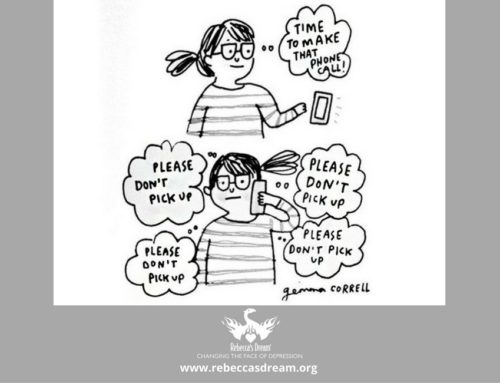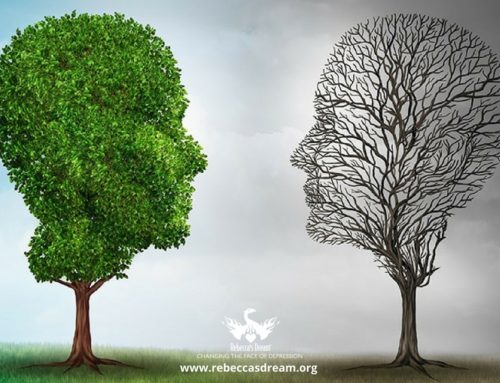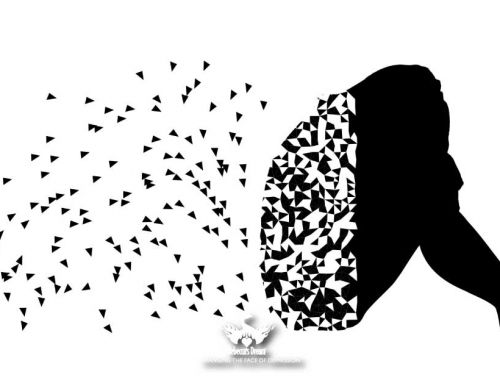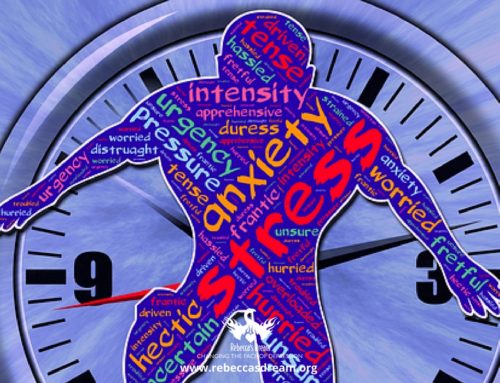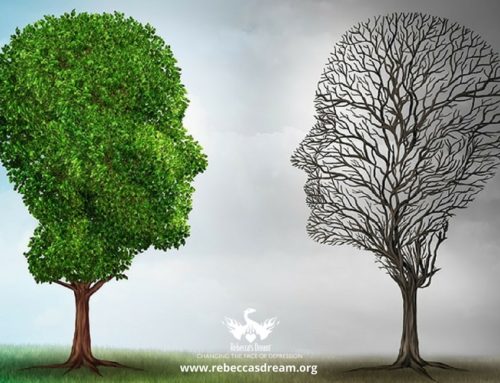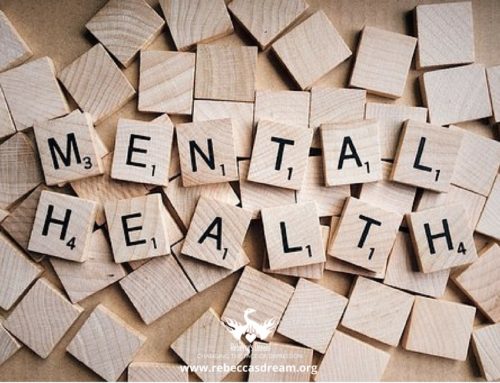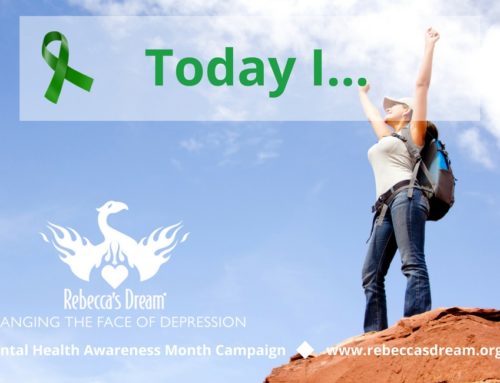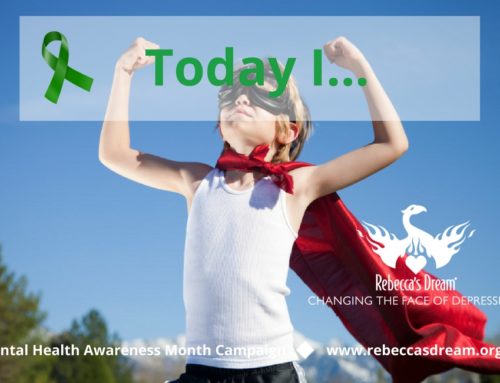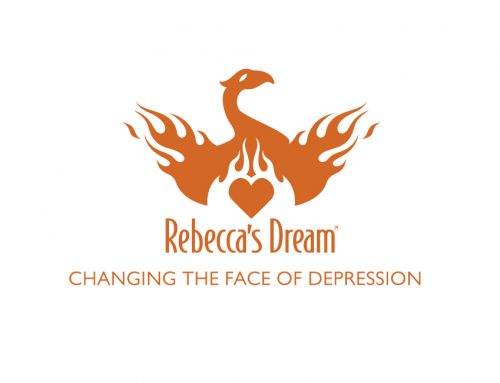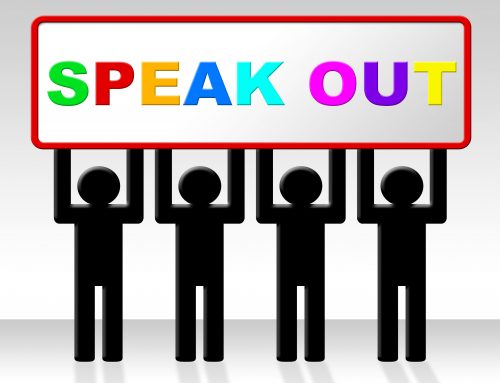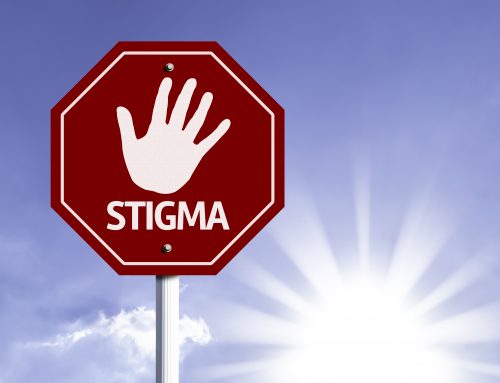Adolescence can be a difficult time in this transitional stage of life. Teenagers can be moody or feel down sometimes. Teenagers have a reputation for rapid mood changes. Mood changes accompany the physical, psychological and social changes that go along with adolescence. Adolescent depression is increasing at an alarming rate.
How do you know if a teen you care about is just down in the dumps or if they may be struggling with depression?
If you notice some of the following signs and symptoms that last longer than two weeks, it’s time to consult a doctor or counselor.
- When an adolescent’s mood impacts their ability to function on a daily basis: Does that bad mood go on for weeks? Are they agitated and angry more often? Is it interfering with their relationships with parents, friends and school work? Parents may attribute the bad mood to just being a teenager, however, the adolescent may be suffering from a mood disorder.
- Poor performance at school or work: Did his or her grades drop or is the teen frequently absent? School work can suffer when a person is depressed. Depression can lead to difficulty with concentration. Some teens with depression continue to function at a high level at school to avoid disappointing others, thus school performance isn’t the only indicator for possible depression.
- Feelings of sadness and hopelessness: Does your teen express that they feel like things are never going to get better? Do they tell you they feel like nothing will ever change and they hate their life? Teens may express hopelessness or suicidal thoughts and this must be taken seriously. This is an indication your teen needs immediate help; do not wait to seek professional help.
- Drug or alcohol use: Teens may experiment with drugs or alcohol to avoid feelings or it could be their attempt to cope with the depression.
- Eating or sleeping patterns change: Although teens are growing and eating and sleeping pattern changes are more pronounced during adolescence, it can also be a sign of depression.
- Indecision, overreaction and forgetfulness: Depression may cloud thinking and decision-making may be overwhelming for a depressed teen. You may get extreme overreaction as a response to innocuous requests or remarks.
Adolescents need your patience, understanding, guidance and support as they navigate the world. Many adolescents struggling with depression may not even know they are depressed, thus may not directly seek help. Teens experience stigma related to mental health too.
Knowing what to look for is important to begin a conversation with a struggling teen about what they might be going through. It’s important that adolescents receive professional treatment as quickly as possible. If you are concerned your teen may have depression, please take them for an evaluation by their pediatrician, primary care doctor or licensed professional counselor. Treatment is effective and your adolescent can live a healthy and happy life.

















